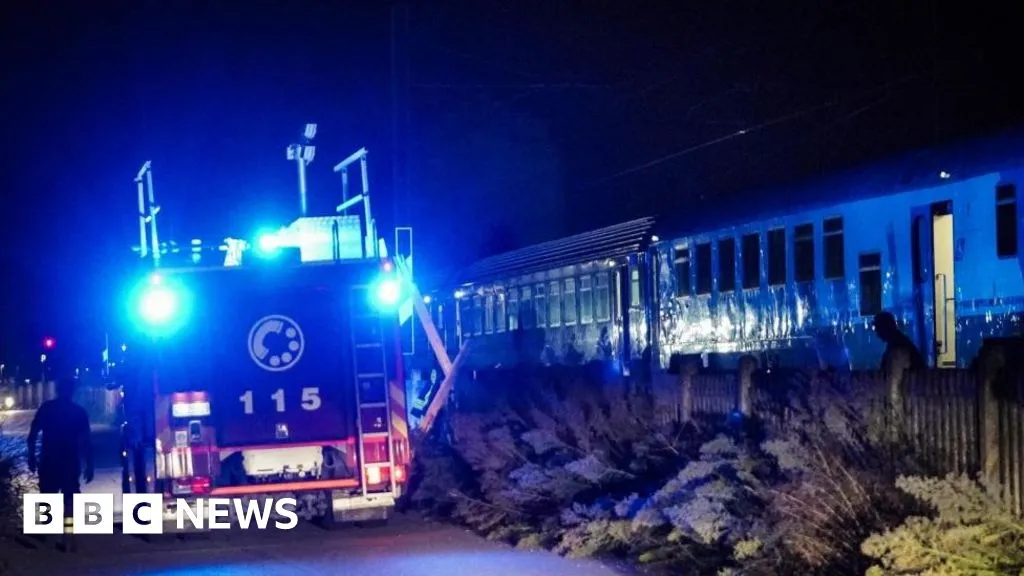- cross-posted to:
- globalnews
- cross-posted to:
- globalnews
cross-posted from: https://lemmy.zip/post/2133566
Archived version: https://archive.ph/Ac3e8
Archived version: https://web.archive.org/web/20230831062638/https://www.bbc.co.uk/news/world-66666981



I used to be a blue collar worker that now works in the office. This is the same as the other unrealistic solutions I put up with regularly.
So now we are going to add another device, which adds another point of failure, that needs to be maintained and monitored constantly.
What happens if that device fails? Who is paying for the expense of this upgrade and the training for the conductor and ground workers to operate and monitor this? What happens if they are distracted while troubleshooting the device and the train approaches them anyways? What happens when the blue collar worker doesn’t give a fuck about safety and turns it off because it’s annoying? This is not a simple fix and rather it adds layers of complications to the entire process.
Especially when it would just be easier to I don’t know, maybe not run so many trains back to back all the time and ensure that the track is closed off? The real issue here is that the company does not want to lose profit, so they are willing to skirt safety concerns by continuing to operate trains while they are being maintained. However every time I make an argument like this it gets shut down and some new idiot tries to recommend more technology to solve something as simple as “turn it off”.
Keep it simple, stupid. Can’t agree more. And that’s a central concept in computer systems and procedures when human lives are involved.
Thank you kindly. I’m actually a huge tech nerd at heart, so it kind of pains me to kill off something cool like that but when it comes to safety I don’t mess around. Simple and straightforward are usually the safest options.
If I sent my boys out to do something, I want them back home to their families later that night in the same condition I sent them there in.